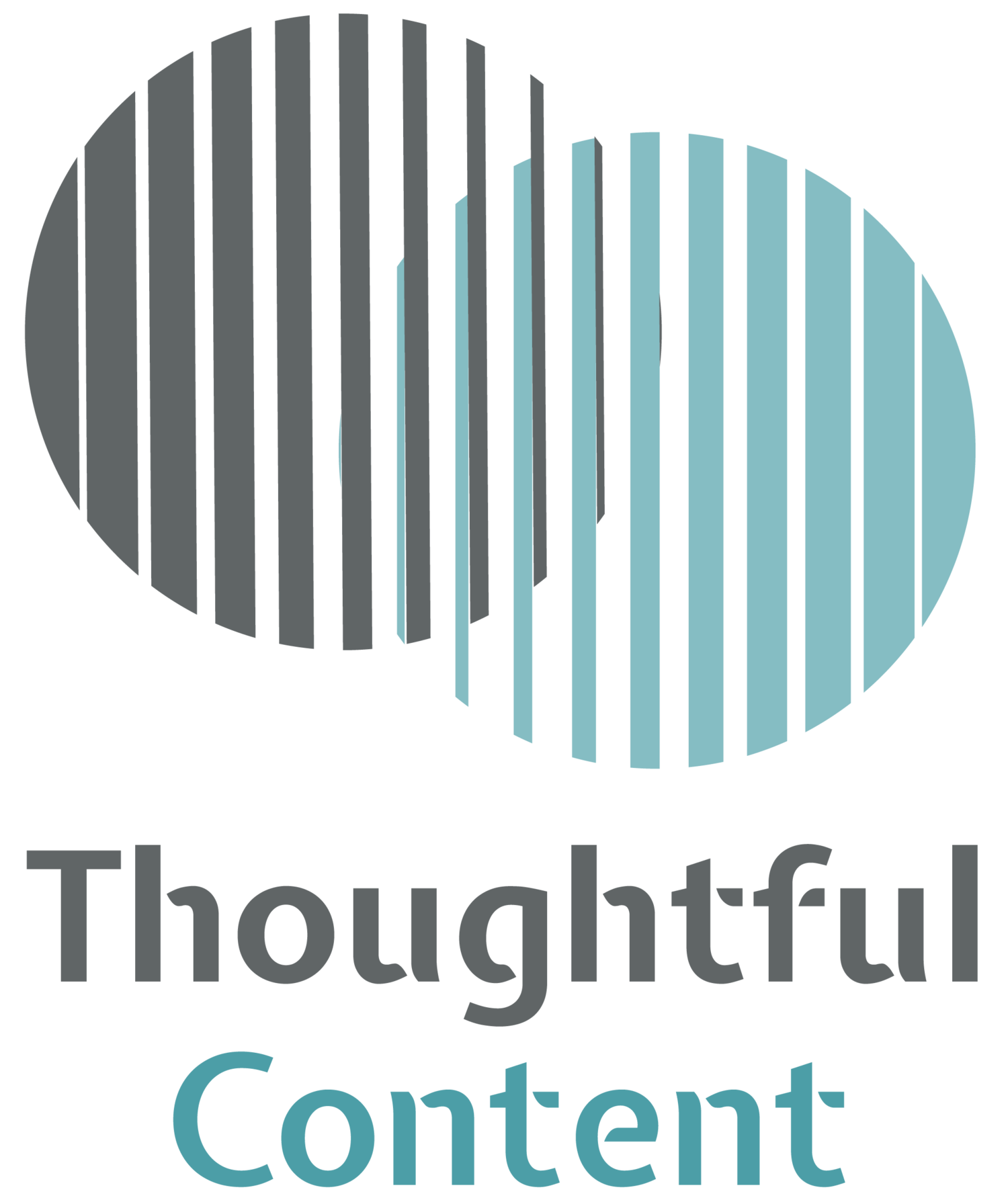NHS language use
Photos courtesy of and copyright Free Range Stock, Jack Moreh
It’s not often that my area of expertise is featured in the media. But yesterday’s episode of BBC’ Radio 4’s Word of Mouth was all about NHS language use - I was fascinated to hear from Sara Wilcox at NHS Digital talking to Micheal Rosen, about about the sensitive and thorough way they consider what words to use when developing content for the largest health website in the UK. From pop-up testing in GP surgeries to analysing Google search terms, and running their own ‘research lab’ where they get feedback from the public.
Plain English
What I particularly love about the NHS website is the use of what Micheal Rosen called ‘down to earth language.’ This is what I champion in any project I am working on - pee, poo and other everyday words, help demystify health problems and the body. It’s great to have the NHS research to back me up when I am making the case for clear communications.
Sara explained that for every one complaint they got about using a word like poo (and even fart!) they got 10 positive responses from the public who loved such straightforward language.
The list of reasons to use short words and sentences is long: people coming to the NHS website are likely to be worried, panicked, feeling ill or woozy; up to 6 in 10 people in the UK struggle to read health information; some people may not have English as their first language, or they may have dyslexia. Anyone producing health communications need to make sure that it’s easy for people to find the information they need, when they need it.
Speak to your audience
Dr Hugh Rayner also highlighted the importance of putting yourself, ‘in the shoes’ of who you are writing for - what do they need to know and what words might cause confusion? He spoke about the ‘Please Write To Me’ initiative. Hospital consultants are now encouraged to write directly to their patients rather than awkwardly addressing them in the third person via a letter to their GP.
The impact of something that seems quite simple like addressing a person as ‘you’, can be profound. At the end of the show, Dr Rayner read from a moving thank-you from one of his patients. Because Dr Rayner had written to him directly, he felt ‘uplifted’ and no longer ‘just a case study.’
I do health communications for a living, but like most people, I have also been a patient. For me, clear health communication goes beyond information - it helps me feel valued by any health professionals caring for me.

